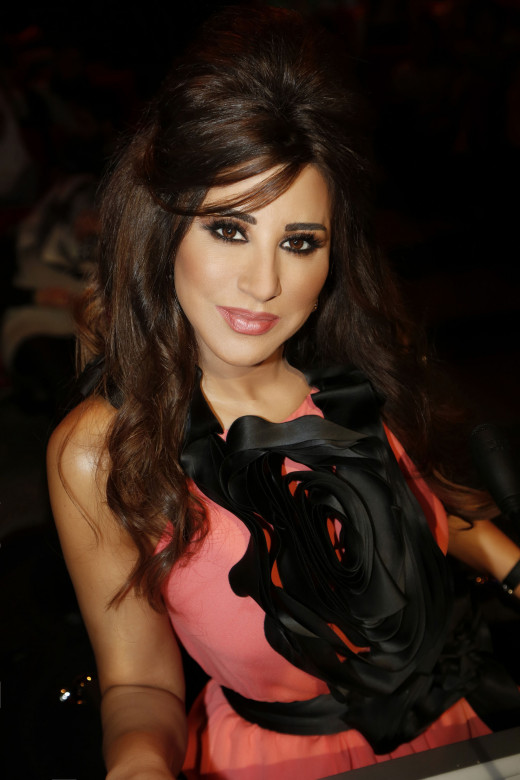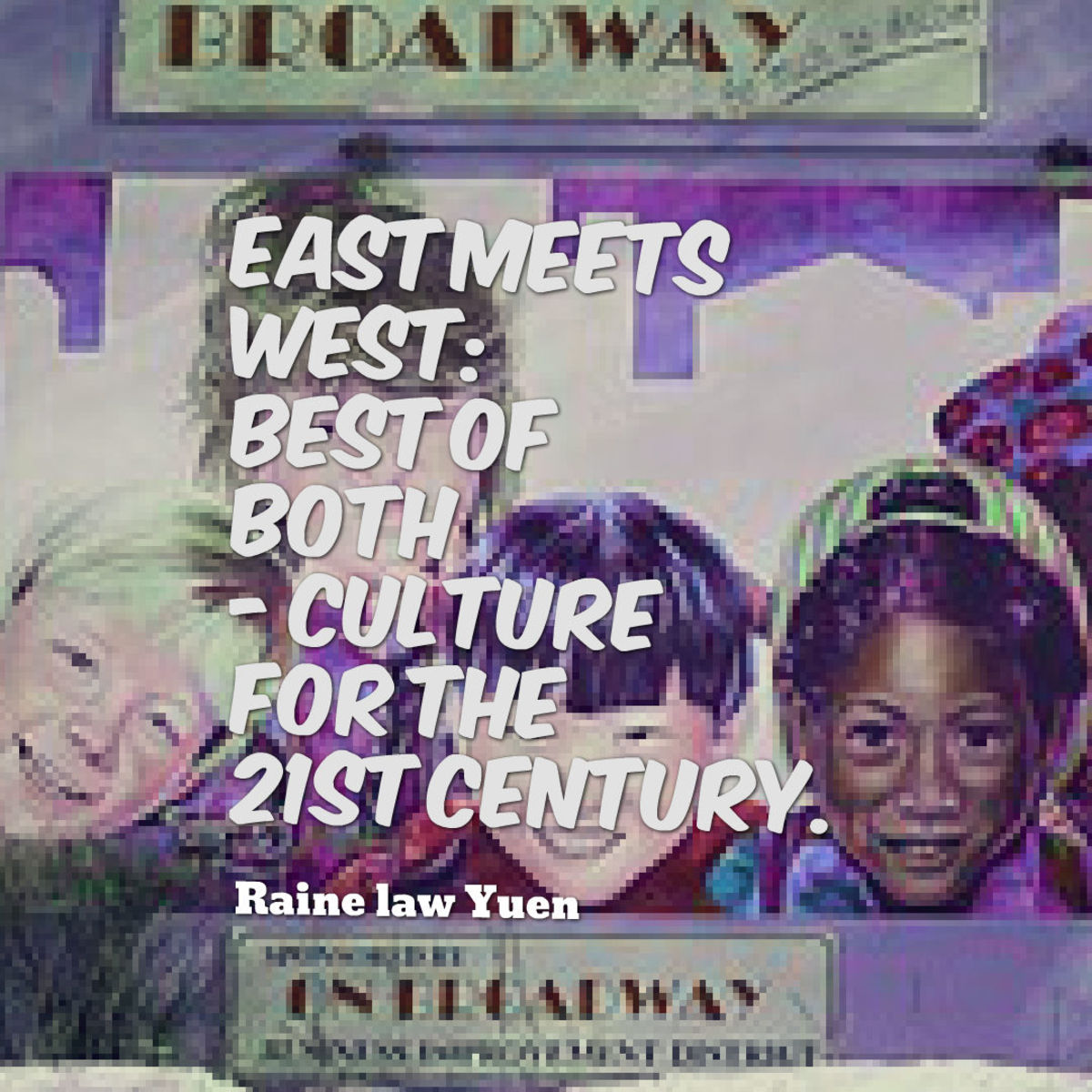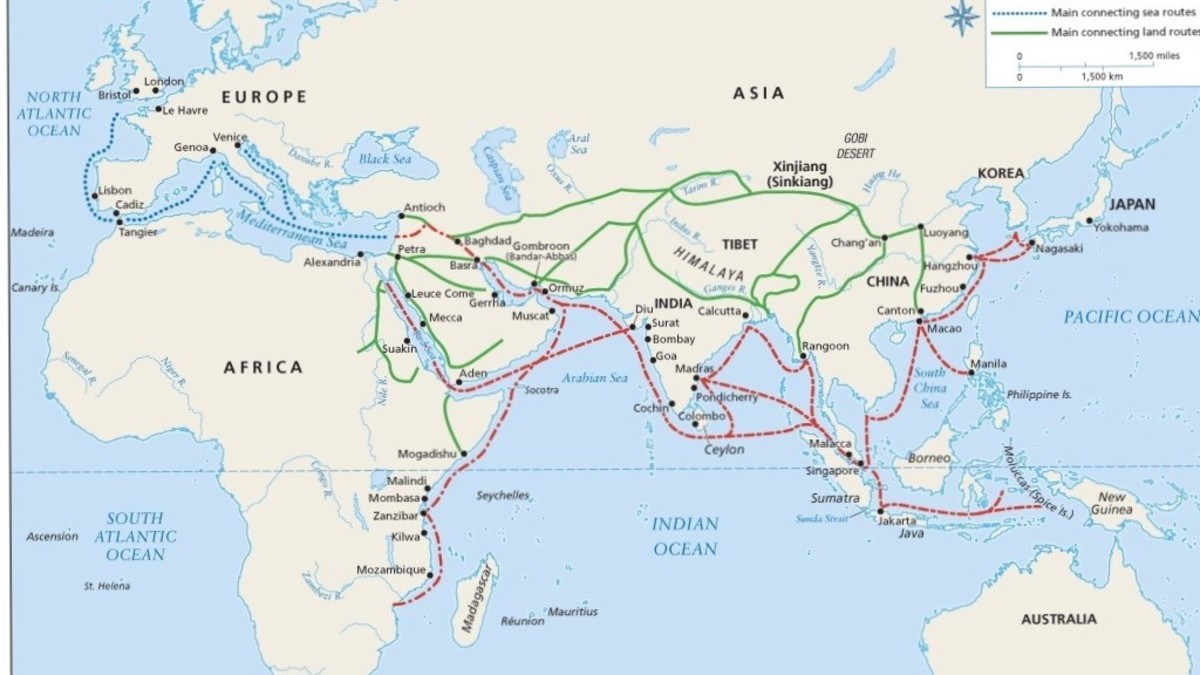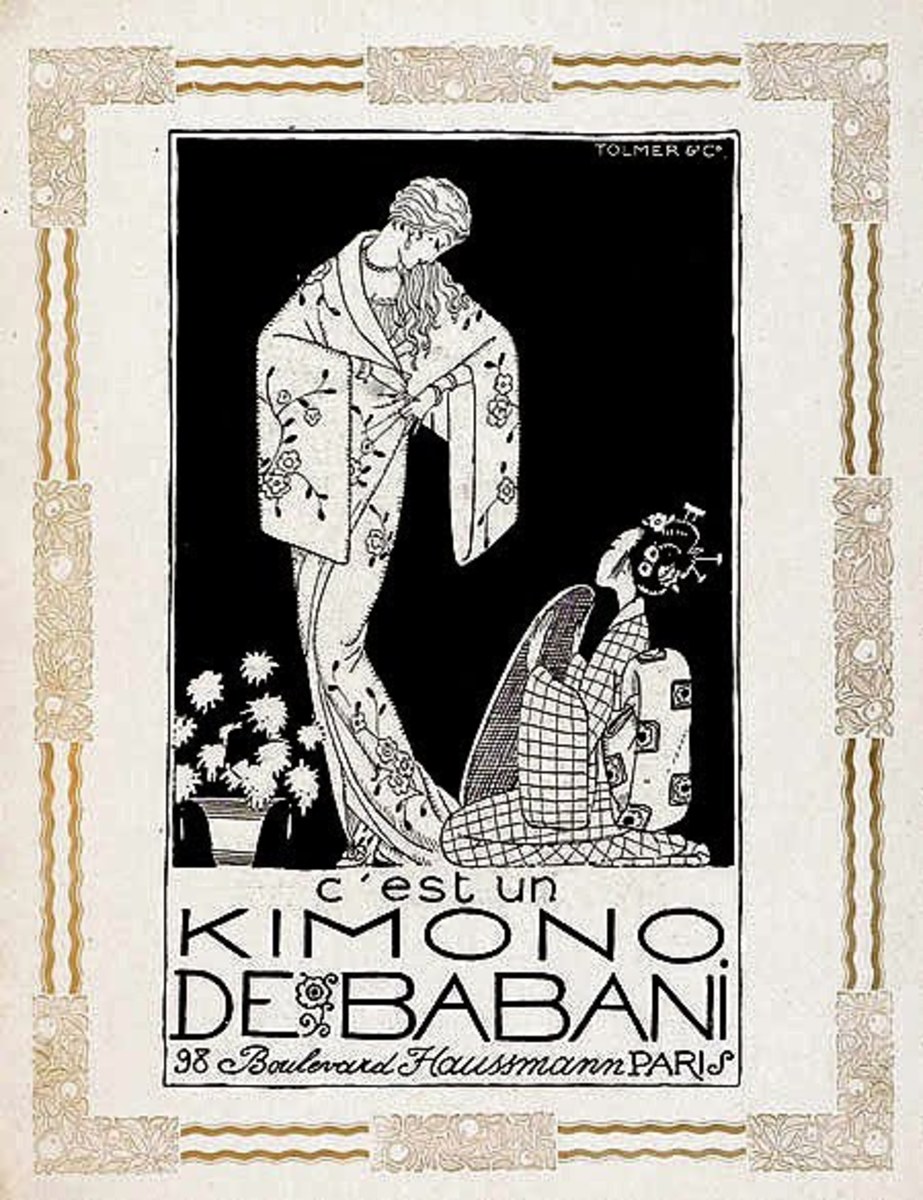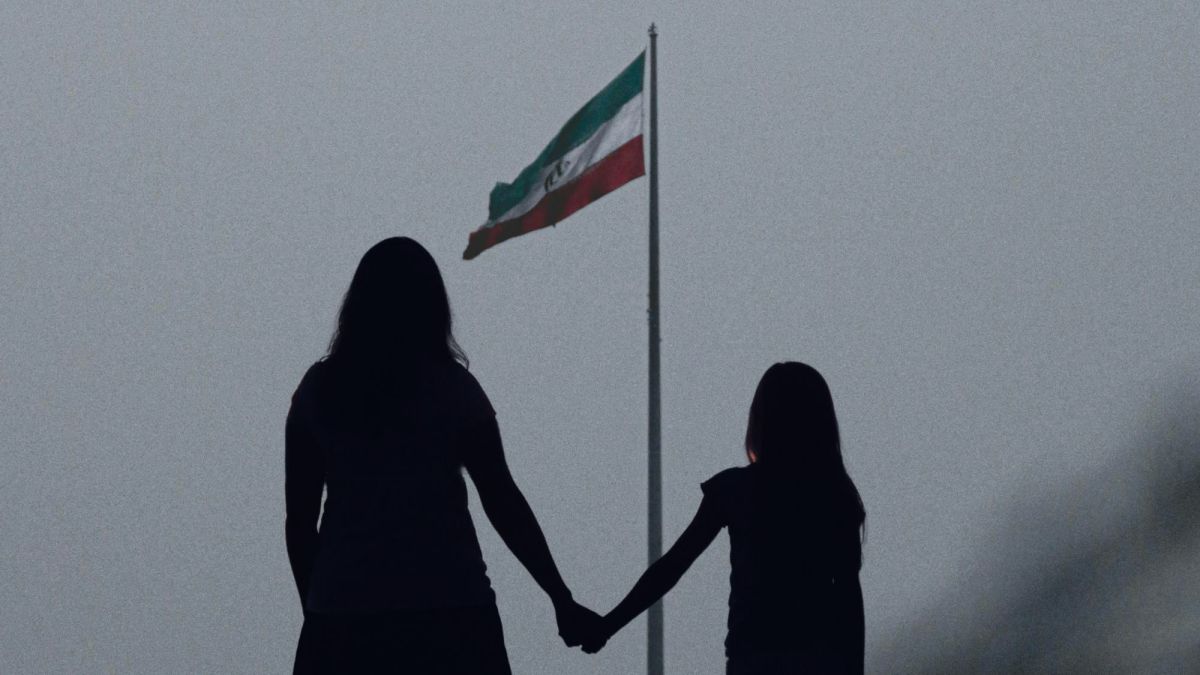15 Greatest Western Songs Ever Composed with Arabic/Middle-Eastern/East-Indian Character.
Photos - Arabs Got Talent (Season 3, 2013)
Click thumbnail to view full-size



Music Unites Us on a Higher Plane as Human Beings
First off, check out the video below of an all-American girl from New England, U.S. of A. on Jordan's version of "America's Got Talent" called "Arabs Got Talent".
Though she doesn't speak Arabic, she can sing in the language quite well. It may surprise many a red-blooded American that she's well-received and finished I believe in second place. They actually loved her over there and no, she didn't get taken captive or anything! If you look around you can see encouraging signs of acceptance and mutual admiration of east and west. Music is one way to unite people on an emotional level. Imagine how refreshing it was for the Arab world to see an American respecting their culture. Well, you can see how they feel watching her sing "their" music. It can be "our music" too someday.
Jennifer Grout - New Hampshire Girl Sings in Arabic
15 Eastern-Sounding Compositions by Western Musicians
- Now You're Gone by Jeff Lynne
- Kashmir by Led Zeppelin
- California Dreamin' by the Mamas and Papas
- Walk Like an Egyptian by the Bangles
- Pink Panther Theme by Henry Mancini
- House of the Rising Sun by the Animals, arr. and perf. by Tommy Emmanuel
- The Inner Light by George Harrison, performance by Jeff Lynne with Anoushka Shankar
- Innuendo by Queen
- Voyage around the Moon by The Saturn 5
- Desert Rose by Sting
- Powerslave by Iron Maiden
- Stargazer by Rainbow
- Holy Wars by Megadeth
- Paint it Black by the Rolling Stones
- White Rabbit by Jefferson Airplane
Cleveland Rocks - Ohio - the Heartbeat of Rock and Roll
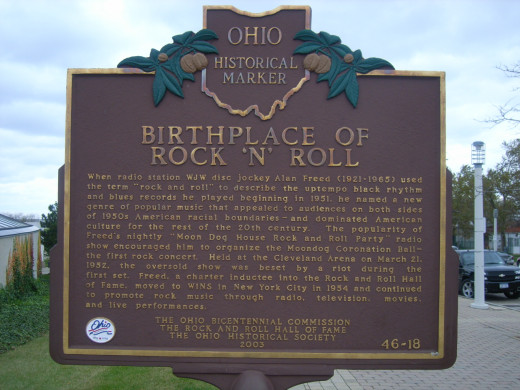
Music Theory from the Midwest to the Middle East
No expert of music theory myself, I'll share my attempt to understand what makes music sound "non-western". I've played bass guitar for a couple decades since I was a kid, so I know a thing or two about scales. Rock and blues use the "pentatonic" scale which, as the name suggests, centers around 5 notes of the common "equally tempered" 12-note octave used by western composers for ages. It's so easy to play simple rock songs by sticking to the pentatonic scale, and as a rhythm and lead guitarist, improvisation can be a cinch. It may be easy and simple, but it sounds oh so good. After a while though, it's like eating hamburgers, hot dogs, pizza, and ice cream all the time. Here's some samosa, filet mignon, and saffron rice to change things up.
As a guitarist, it's when you're saturated of major and minor "campfire" song chords. Even the 7th, diminished, "sus", transitional and "jazz" chords are fairly common. I've developed an ear to play harmonics and bend notes all the time, which led me to a better appreciation of eastern music.
Jeff Lynne - Now You're Gone (Armchair Theatre)
Kashmir - Led Zeppelin - Celebration Day. Possibly My All-Time Fav. Rock Song and Live Performance
The Mamas and Papas - California Dreamin'
The Bangles - Walk Like an Egyptian
Henry Mancini - Pink Panther Theme Song
I haven't gotten into "false harmonics" and though I bend notes, unless it is a guitar solo I rarely use microtonal or semi-tonal frequencies at all. I hit them during slides but my ear reacts to compositions using lots of these "in between" tones as if they are dissident, because it is unfamiliar to me. Songs using the hejaz scale or inharmonic resonances in their structure would take time to grow on me. The quasi-eastern songs I've presented in this article are the rare crossovers that lightly touch on this largely untapped resource of music theory available to western composers who wish to branch out. Jazz has done this, but I'm almost as ignorant of jazz as I am of Middle-eastern music. My apologies if that offends anyone, but hey;



